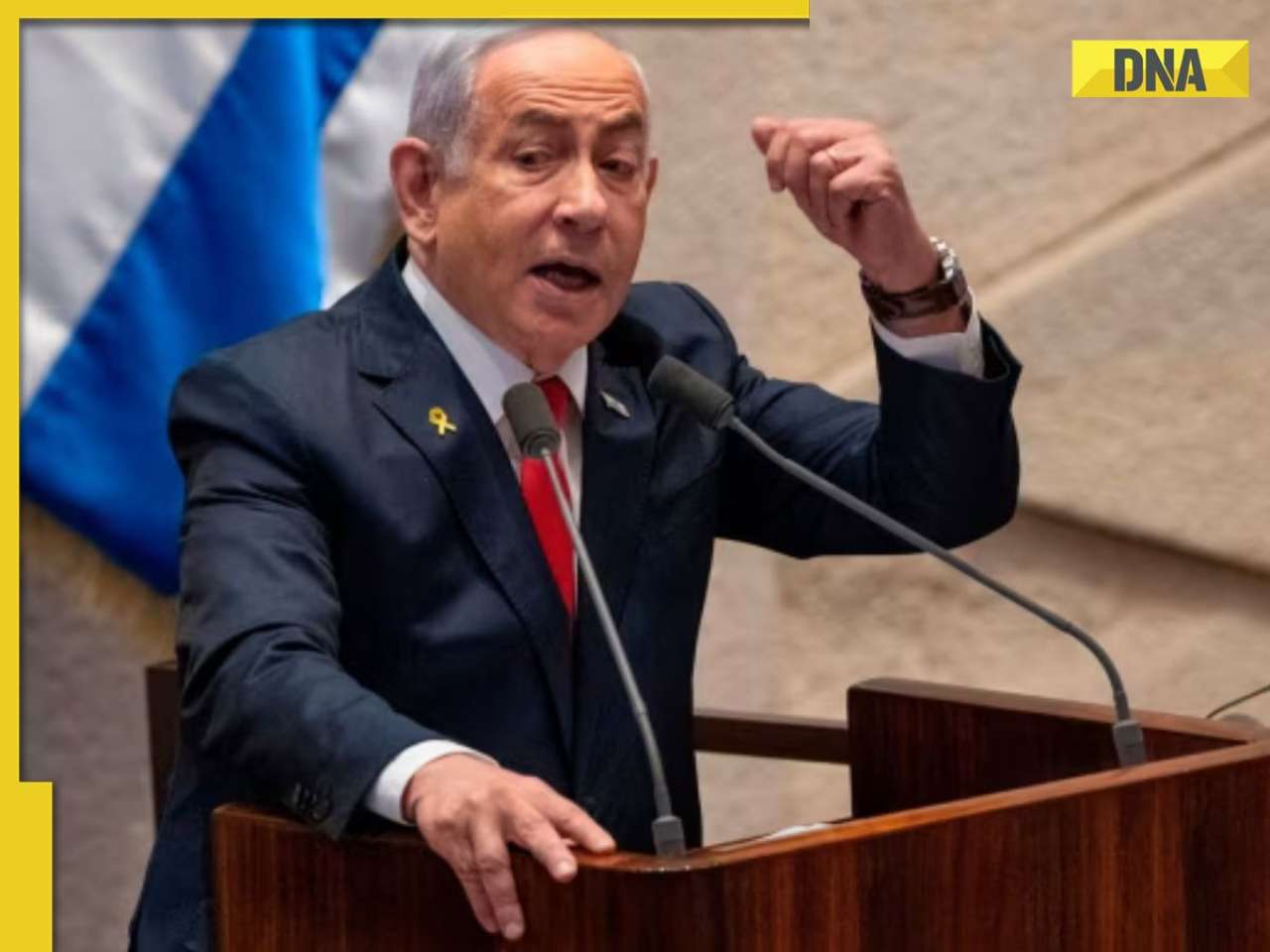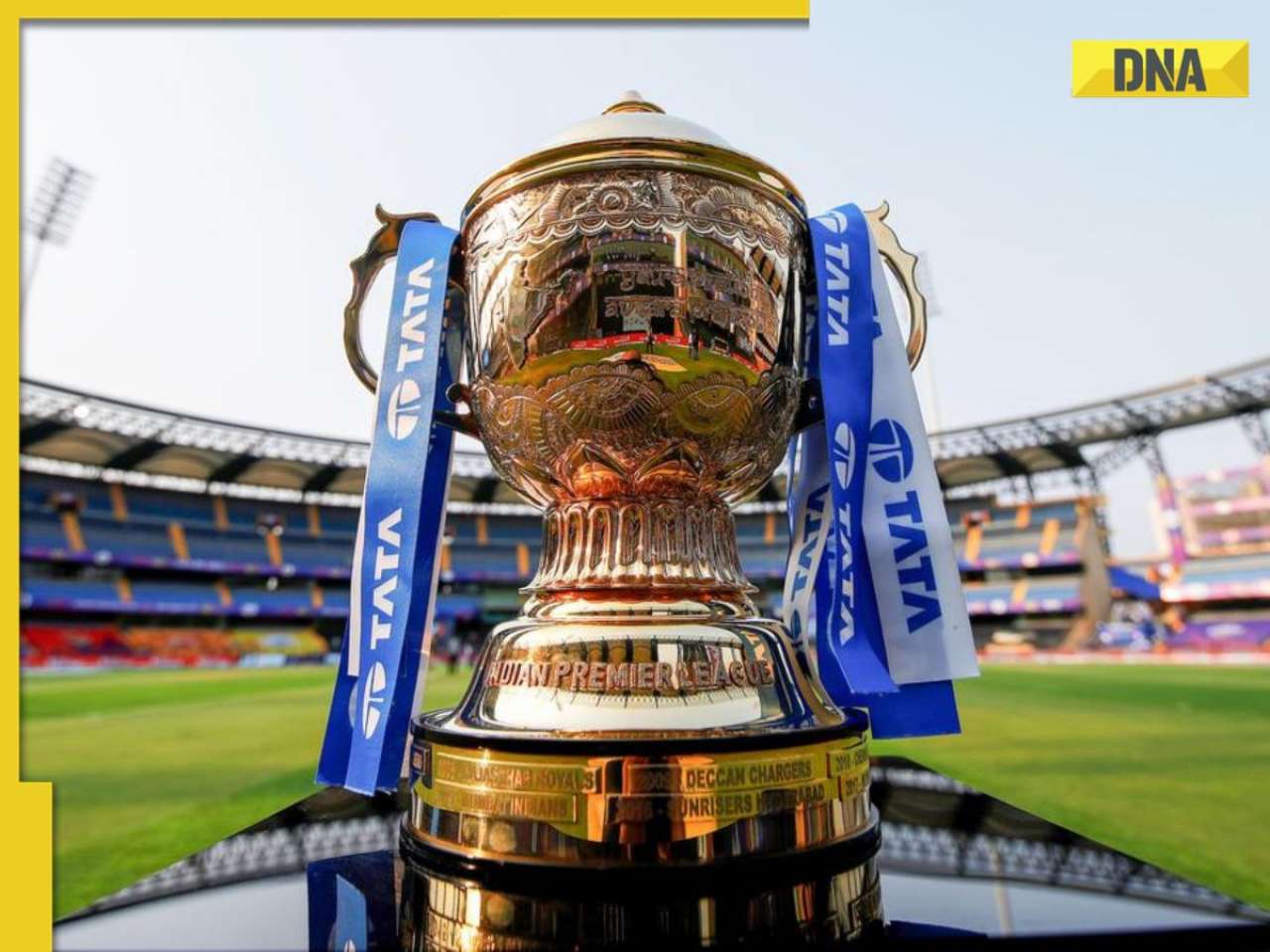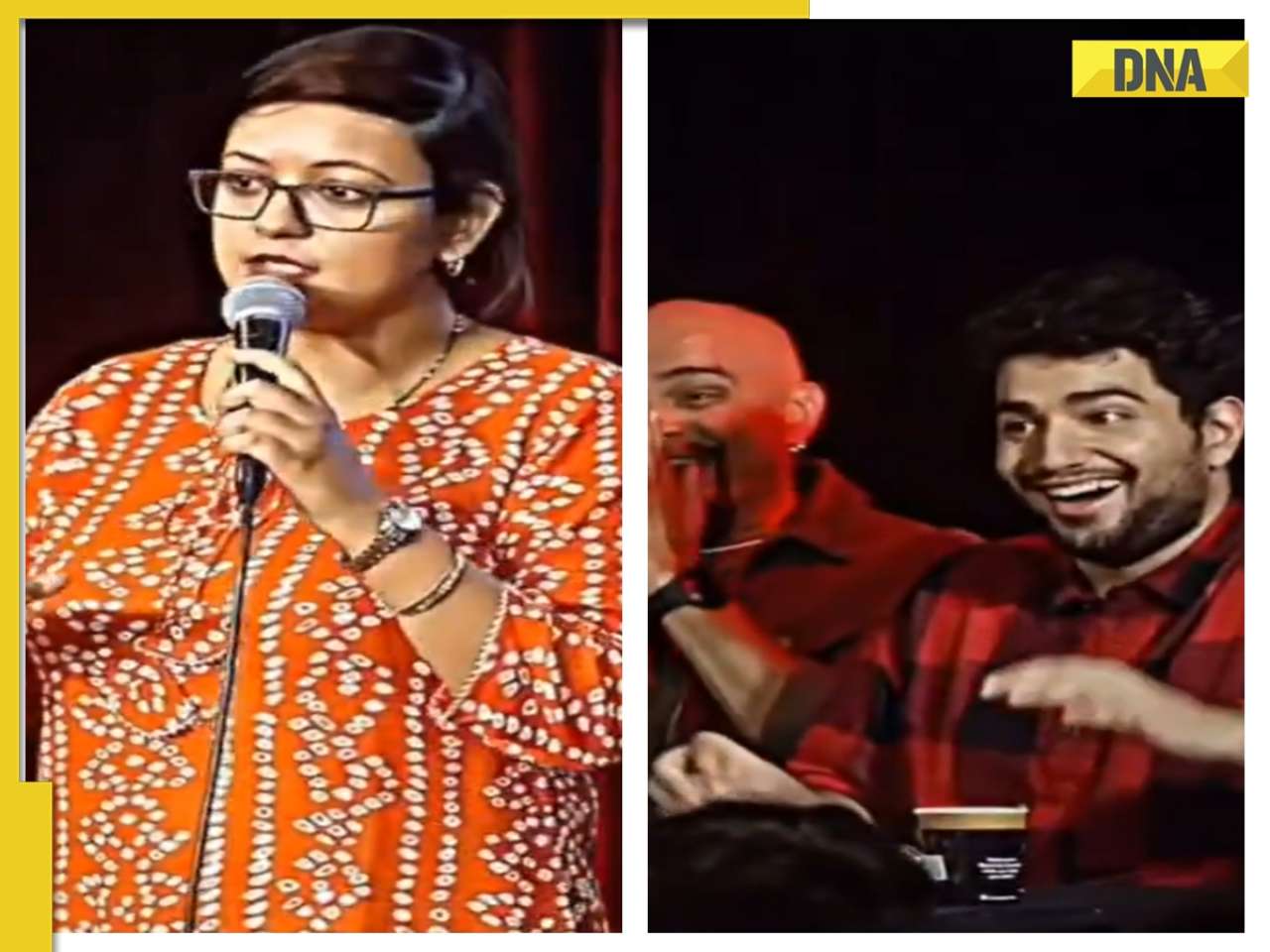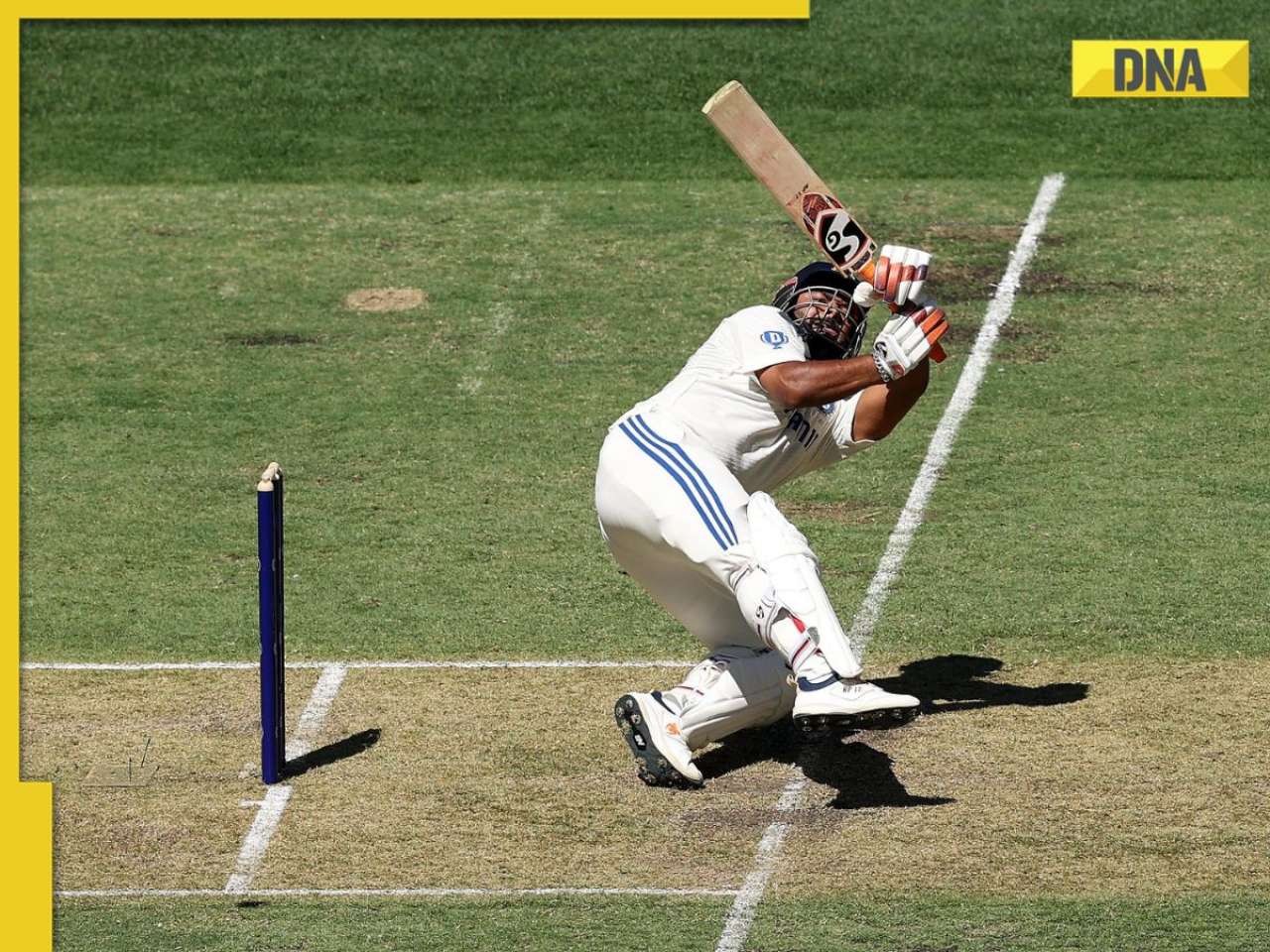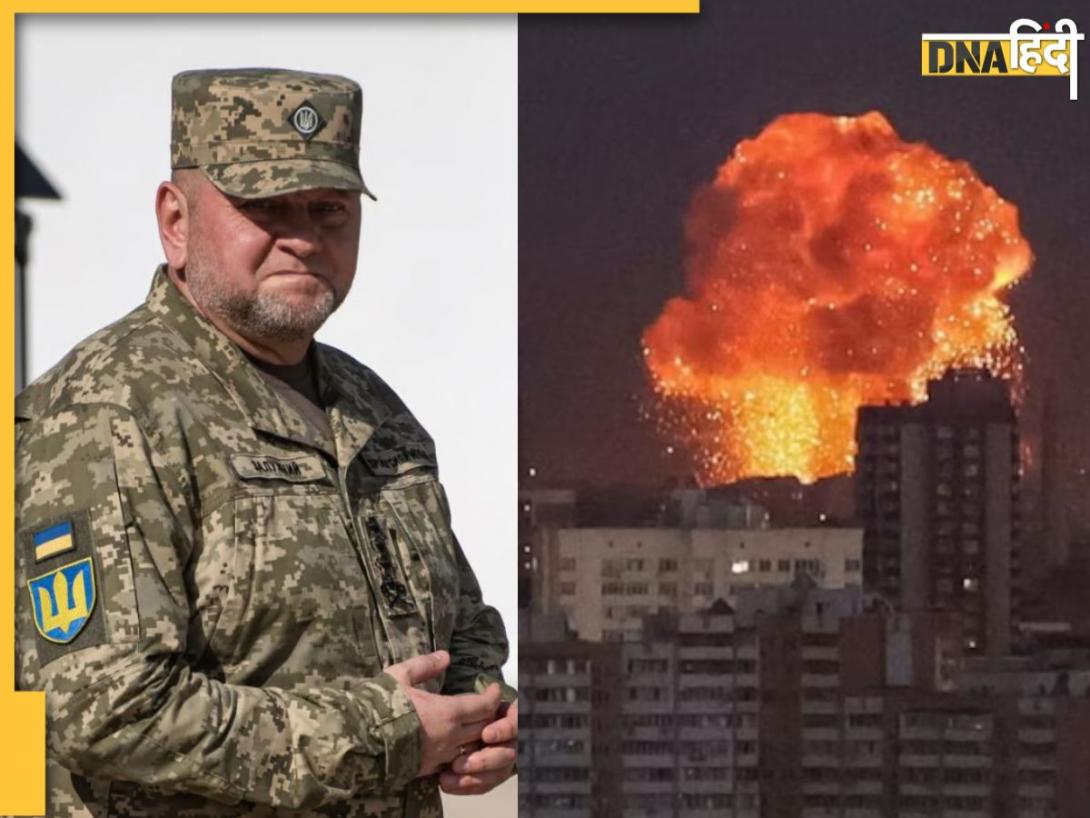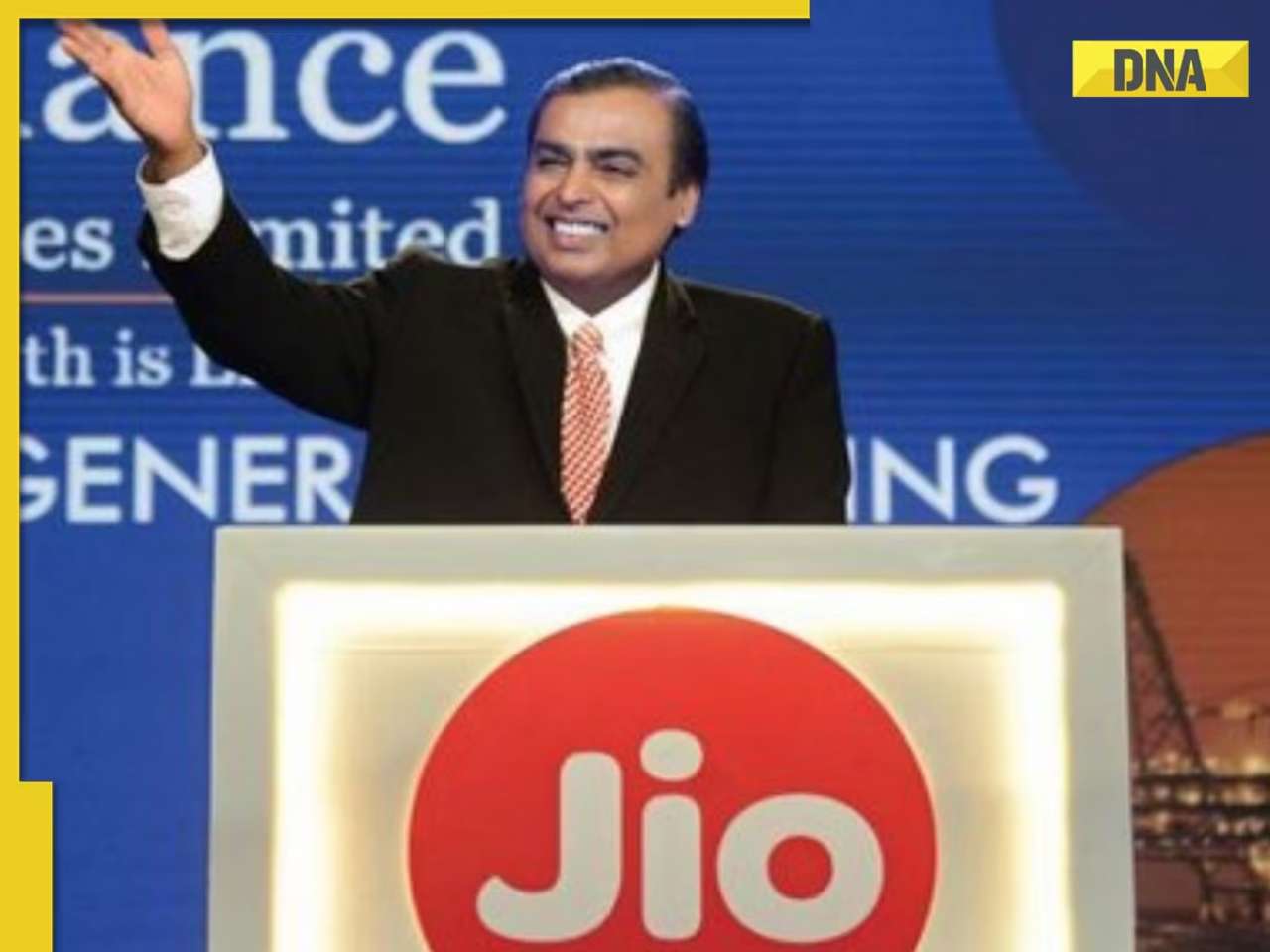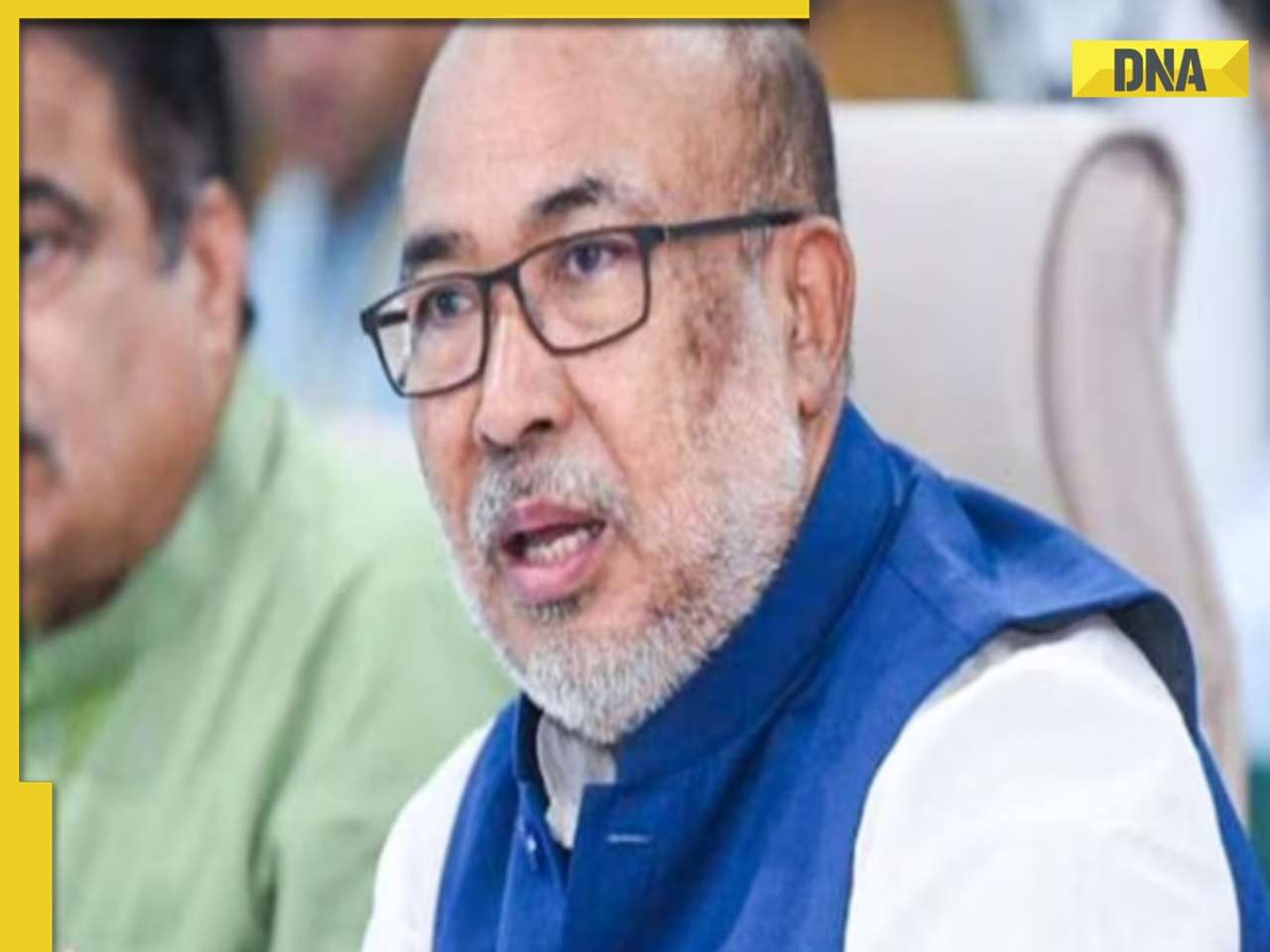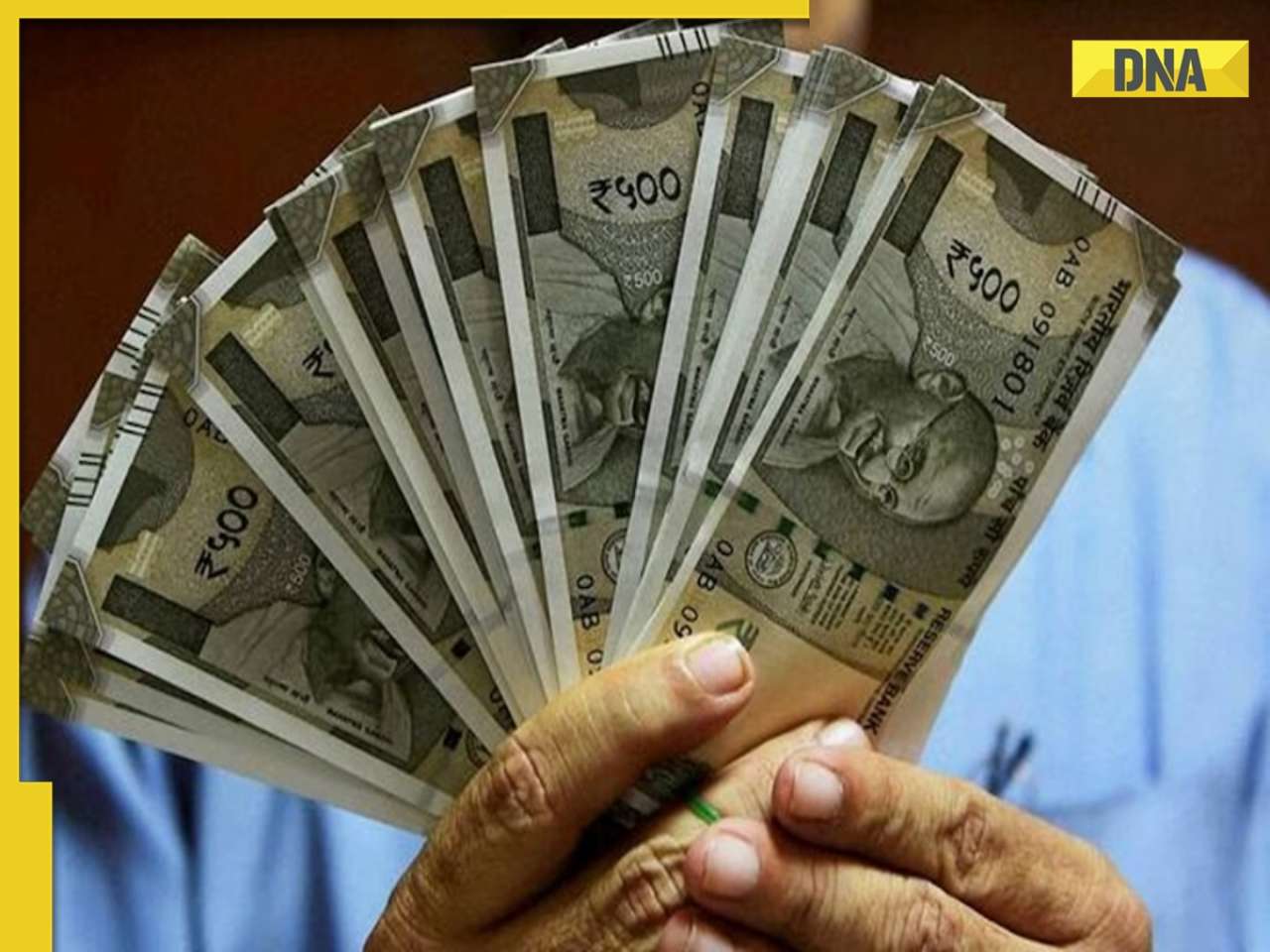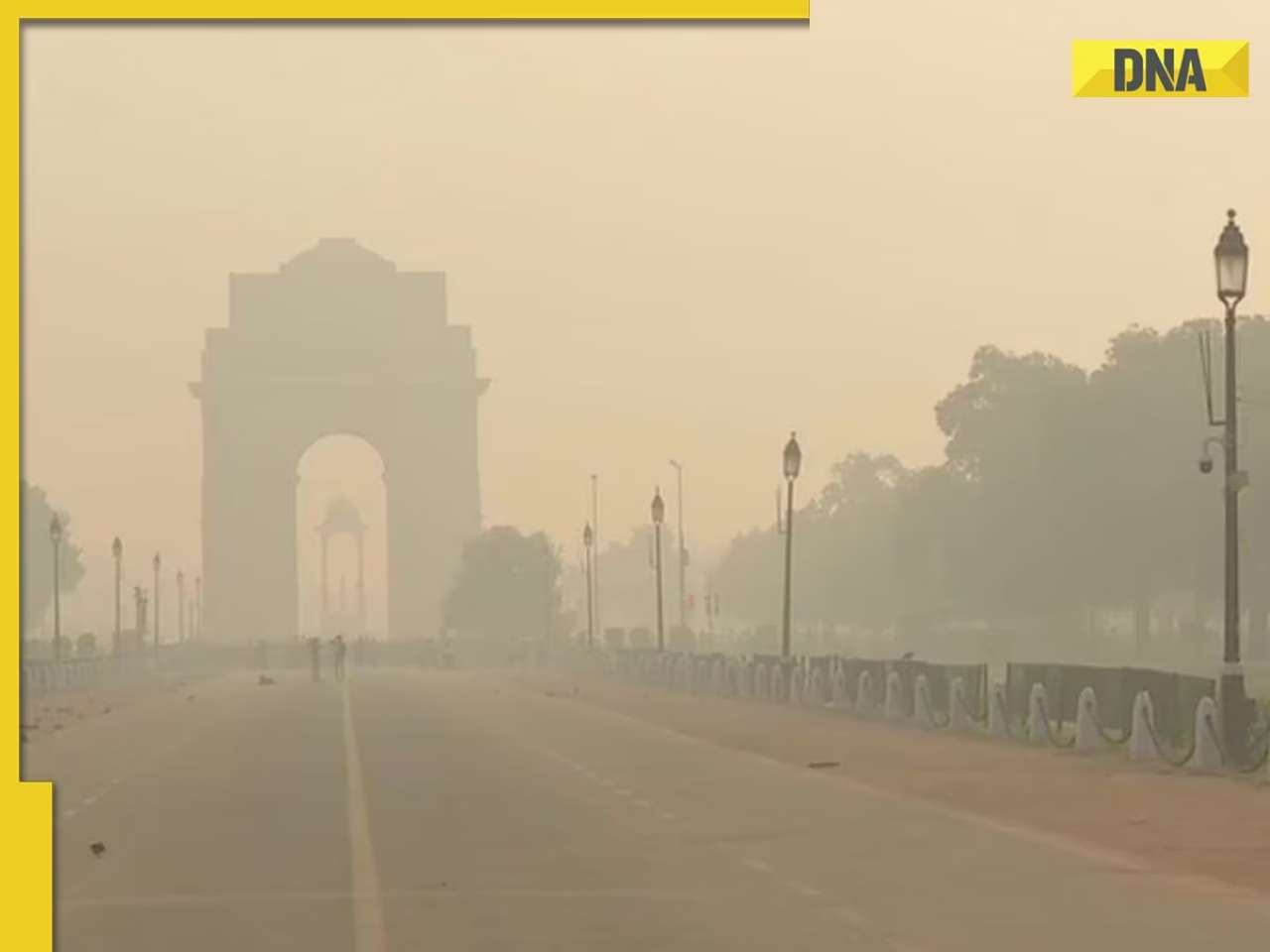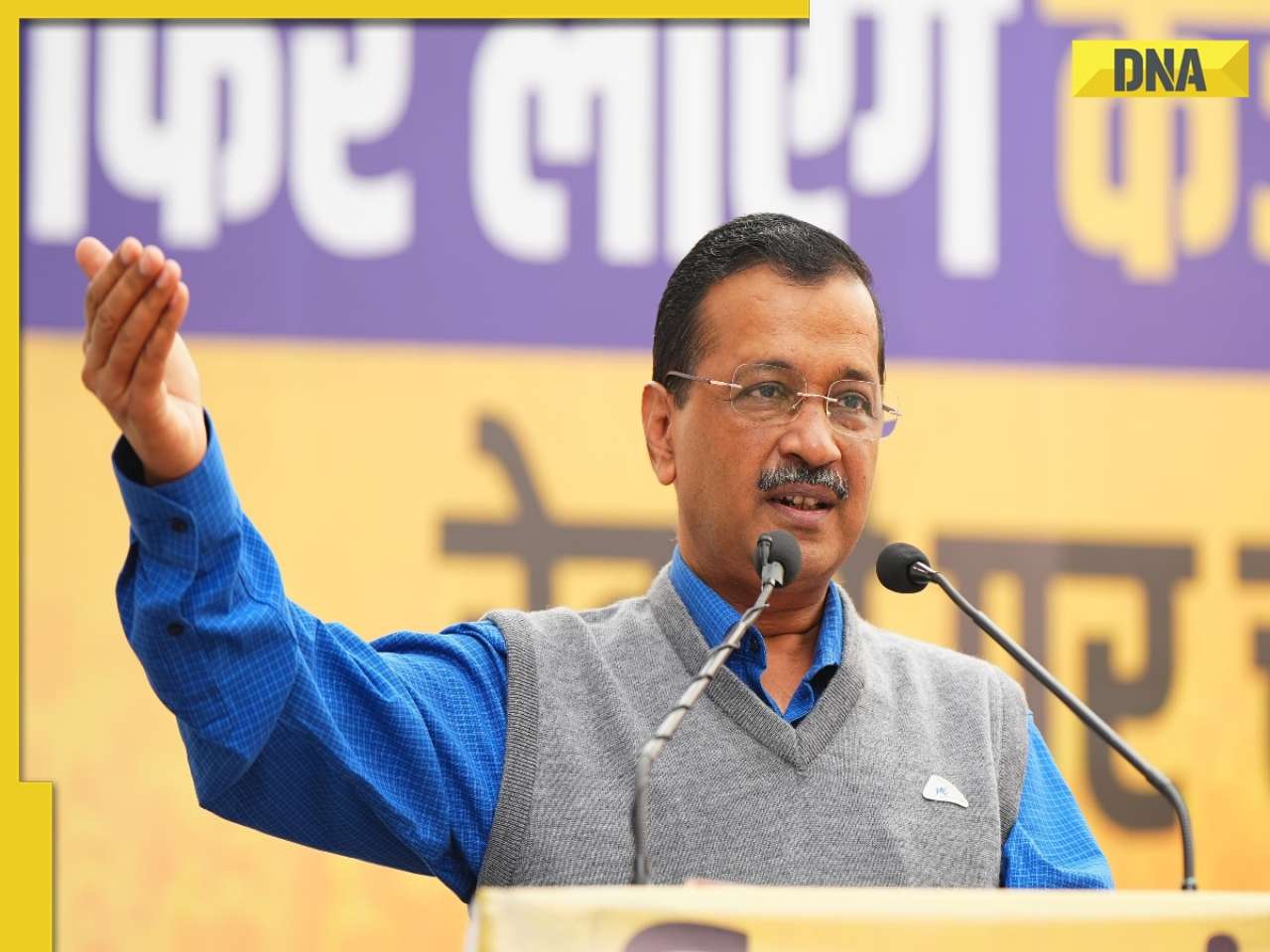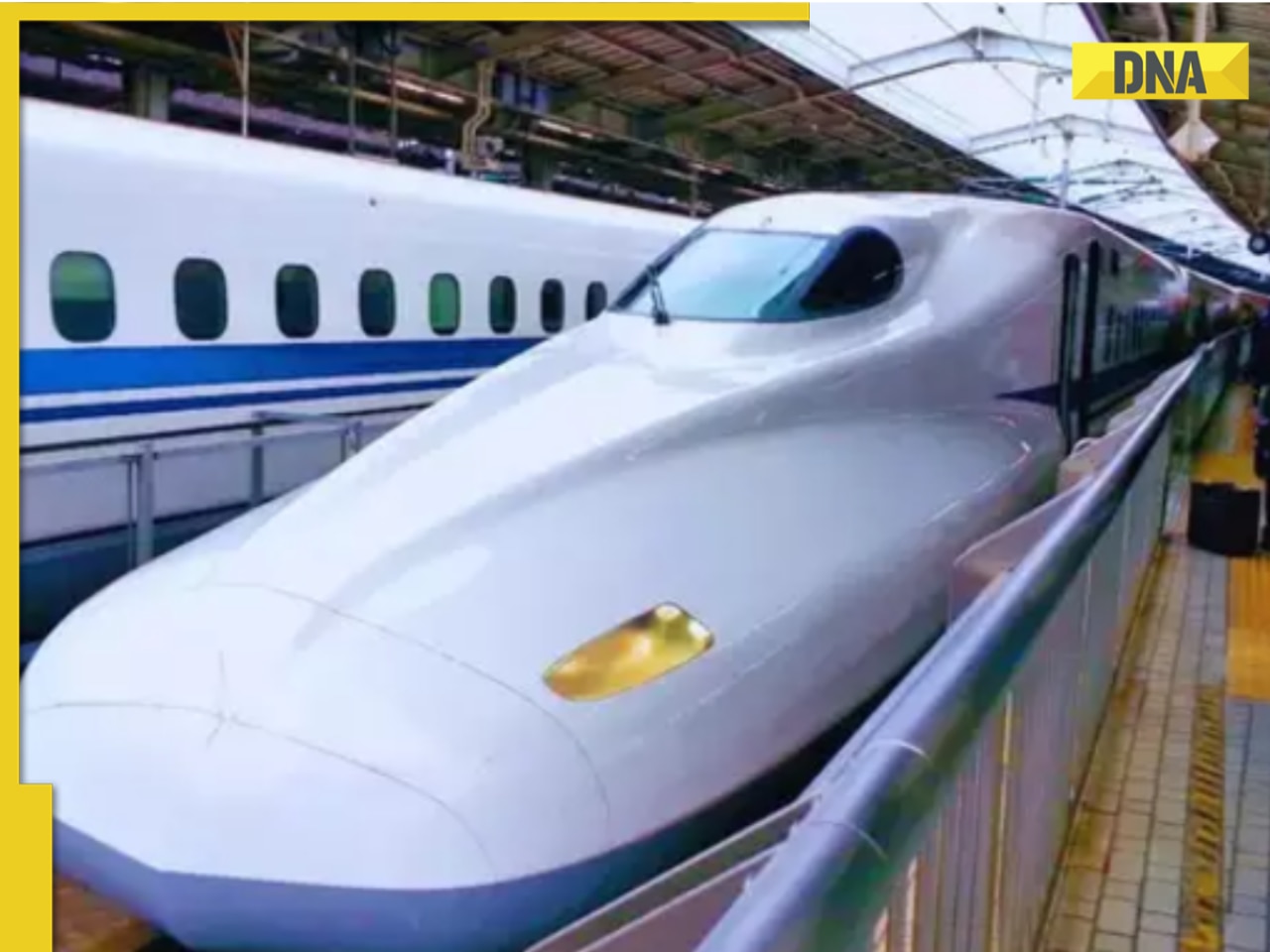- LATEST
- WEBSTORY
- TRENDING
WORLD
Iran threatens US Navy as sanctions hit economy
The prospect of sanctions targeting the oil sector in a serious way for the first time has hit Iran's rial currency.
TRENDING NOW
Iran threatened on Tuesday to take action if the US Navy moves an aircraft carrier into the Gulf, Tehran's most aggressive statement yet after weeks of sabre-rattling as new US and EU financial sanctions take a toll on its economy.
The prospect of sanctions targeting the oil sector in a serious way for the first time has hit Iran's rial currency, which reached a record low on Tuesday and has fallen by 40 percent against the dollar in the past month.
Queues formed at banks and some currency exchange offices shut their doors as Iranians scrambled to buy dollars to protect their savings from the currency's fall. Army chief Ataollah Salehi said the United States had moved an aircraft carrier out of the Gulf because of Iran's naval exercises, and Iran would take action if the ship returned.
"Iran will not repeat its warning ... the enemy's carrier has been moved to the Sea of Oman because of our drill. I recommend and emphasise to the American carrier not to return to the Persian Gulf," army chief Salehi said.
"I advise, recommend and warn them over the return of this carrier to the Persian Gulf because we are not in the habit of warning more than once." The aircraft carrier USS John C Stennis leads a US Navy task force in the region. It is now in the Arabian Sea providing air support for the war in Afghanistan, said Lieutenant Rebecca Rebarich, spokeswoman for the US 5th Fleet.
The carrier left the Gulf on Dec. 27 on a "preplanned, routine transit" through the Straight of Hormuz, she said. Forty percent of the world's traded oil flows through that narrow straight - which Iran threatened last month to shut if sanctions halted its oil exports.
Brent crude futures were up more than $4 on Tuesday afternoon in London, pushing above $111 a barrel on the news of potential threats to supply in the Gulf, as well as strong Chinese economic data. Tehran's latest threat comes at a time when sanctions are having an unprecedented impact on its economy, and the country faces political uncertainty with an election in March, its first since a 2009 vote that triggered countrywide demonstrations.
The West has imposed the increasingly tight sanctions over Iran's nuclear programme, which Tehran says is strictly peaceful but Western countries believe aims to build an atomic bomb. After years of measures that had little impact, the new sanctions are the first that could have a serious effect on Iran's oil trade, 60 percent of its economy.
Sanctions signed into law by US President Barack Obama on New Year's Eve would cut off financial institutions that work with Iran's central bank from the US financial system, blocking the main path for payments for Iranian oil. The EU is expected to impose new sanctions by the end of this month, possibly including a ban on oil imports and a freeze of central bank assets.
Even Iran's top trading partner China - which has refused to back new global sanctions against Iran - is demanding discounts to buy Iranian oil as Tehran's options narrow. Beijing has cut its imports of Iranian crude by more than half for January, paying premiums for oil from Russia and Vietnam to replace it.
Threats
Iran has responded to the tighter measures with belligerent rhetoric, spooking oil markets briefly when it announced last month it could prevent shipping through the Straight of Hormuz. It then held 10 days of naval exercises in the Gulf, test firing missiles that could hit US bases in the Middle East. Tuesday's apparent threat to take action against the US military for sailing in international waters takes the aggressive rhetoric to a new level.
Experts still say they do not expect Tehran to charge headlong into an act of war - the US Navy is overwhelmingly more powerful than Iran's sea forces - but Iran is running out of diplomatic wiggle room to avert a confrontation.
"I think we should be very worried because the diplomacy that should accompany this rise in tension seems to be lacking on both sides," said Richard Dalton, former British ambassador to Iran and now an associate fellow at Chatham House think tank.
"I don't believe either side wants a war to start. I think the Iranians will be aware that if they block the Strait or attack a US ship, they will be the losers. Nor do I think that the US wants to use its military might other than as a means of pressure. However, in a state of heightened emotion on both sides, we are in a dangerous situation."
Henry Wilkinson at Janusian Risk Advisory consultants said the threats might be a bid by Iran to remind countries contemplating sanctions of the cost of havoc on oil markets. "Such threats can cause market confidence in the global oil supply to wobble and can push up oil prices and shipping insurance prices. For the EU powers debating new sanctions, this could be quite a pinch in the current economic climate."
The new US sanctions law, if implemented fully, would make it impossible for many refineries to pay Iran for crude. It takes effect gradually and lets Obama grant waivers to prevent an oil price shock, so its precise impact is hard to gauge. The European Union is expected to consider new measures by the end of this month.
A blockade would halt purchase of Iranian oil by EU members such as such as crisis-hit Greece, which has taken advantage of the discounted price of Iranian crude. French Foreign Minister Alain Juppe said Paris wants new measures taken by Jan. 30, when EU foreign ministers meet. President Nicolas Sarkozy has proposed freezing Iranian central bank assets and an oil embargo, Juppe said.
A German foreign ministry spokesman said Berlin was in discussions with other EU states on "qualitatively new sanctions against Iran" to "ensure the sources of funding for the Iranian nuclear programme dry up". Michael Mann, spokesman for EU foreign policy chief Catherine Ashton, said member states would discuss the issue this week in the hope of reaching an agreement on new steps before the Jan. 30 meeting. "The ball is still in the Iranians' court," he said. Iran has written to Ashton asking to restart talks over its nuclear programme that collapsed a year ago.
The EU says it does not want talks unless Iran is prepared to discuss serious steps, such as halting its enrichment of uranium.
China cuts iran oil imports
Although China, India and other countries are unlikely to sign up to any oil embargo, tighter Western sanctions mean such customers will be able to insist on deeper discounts for Iranian oil, reducing Tehran's income. Beijing has already been driving a hard bargain. China, which bought 11 percent of its oil from Iran during the first 11 months of last year, has cut its January purchase by about 285,000 barrels per day, more than half of the close to 550,000 bpd that it bought through a 2011 contract.
The impact of falling government income from oil sales can be felt on the streets in Iran in soaring prices for state subsidised goods and a falling rial currency. Some currency exchange offices in Tehran, when contacted by Reuters, said there was no trading until further notice. "The rate is changing every second ... We are not taking in any rials to change to dollars or any other foreign currency," said Hamid Bakshi in central Tehran.
Housewife Zohreh Ghobadi, in a long line at a bank, said she was trying to withdraw her savings and change it into dollars. Iranian authorities played down any link between the souring exchange rate and the imposition of the new sanctions. "The new American sanctions have not materialised yet," Foreign Ministry spokesman Ramin Mehmanparast said.
The economic impact is being felt ahead of a nationwide parliamentary election on March 2, the first vote since a disputed 2009 presidential election that brought tens of thousands of Iranian demonstrators into the streets. Iran's rulers put those protests down by force, but since then the "Arab Spring" revolts have show that authoritarian governments in the region are vulnerable to street unrest.
In a sign of political tension among Iran's elite ahead of the vote, a court jailed the daughter of powerful former President Akbar Hashemi Rafsanjani on Tuesday and banned her from politics for "anti-state propaganda".
Rafsanjani sided with reformists during the demonstrations following the 2009 vote. Daughter Faezeh Hashemi Rafsanjani went on trial last month on charges of "campaigning against the Islamic establishment," news agency ISNA said.

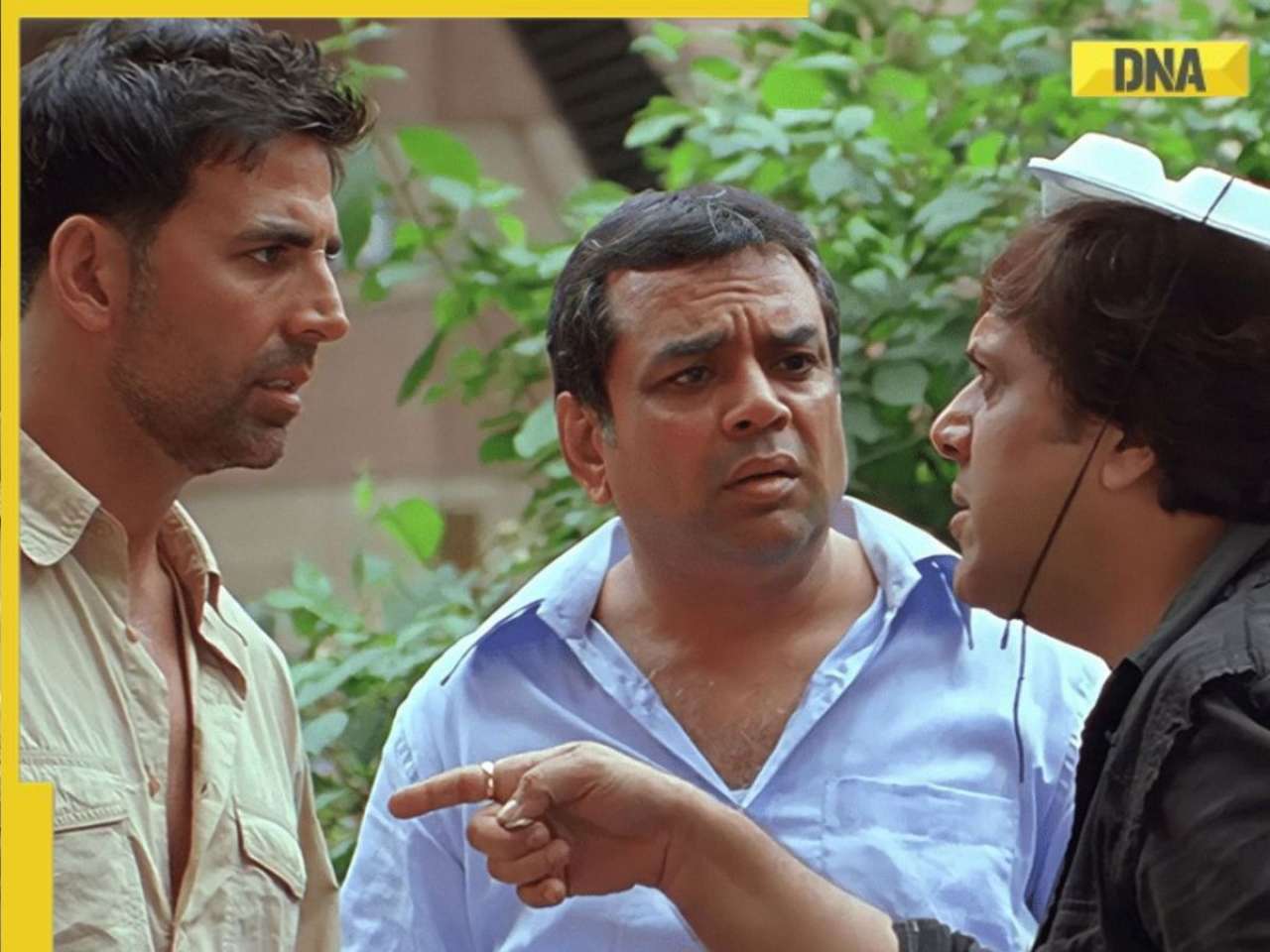






)
)
)
)
)
)
)
)
)
)
)
)
)
)
)























